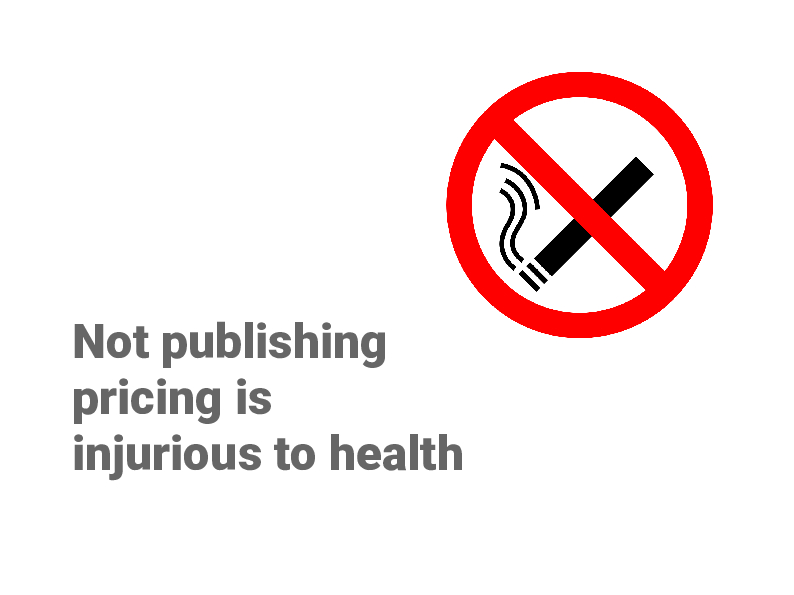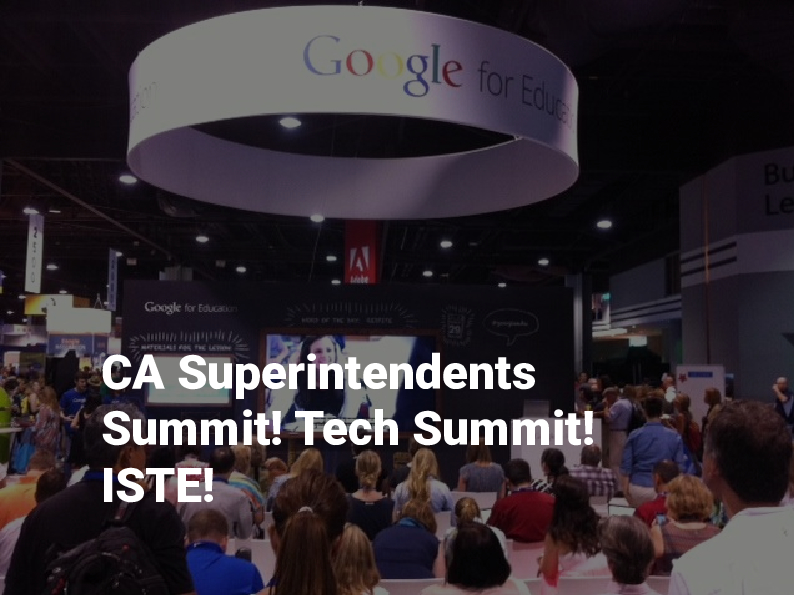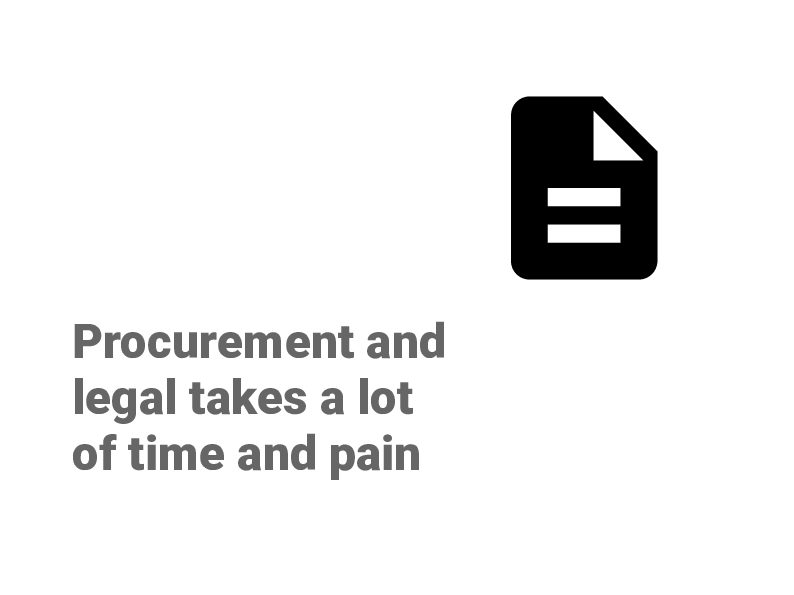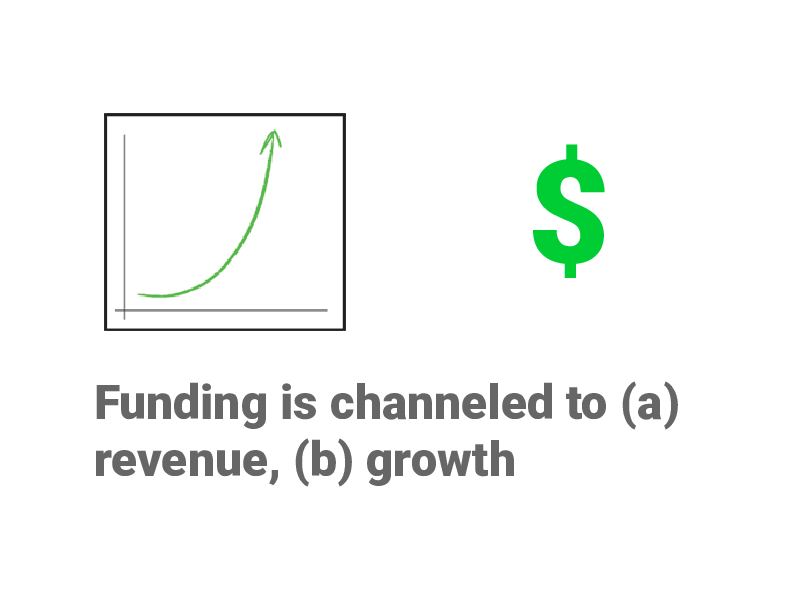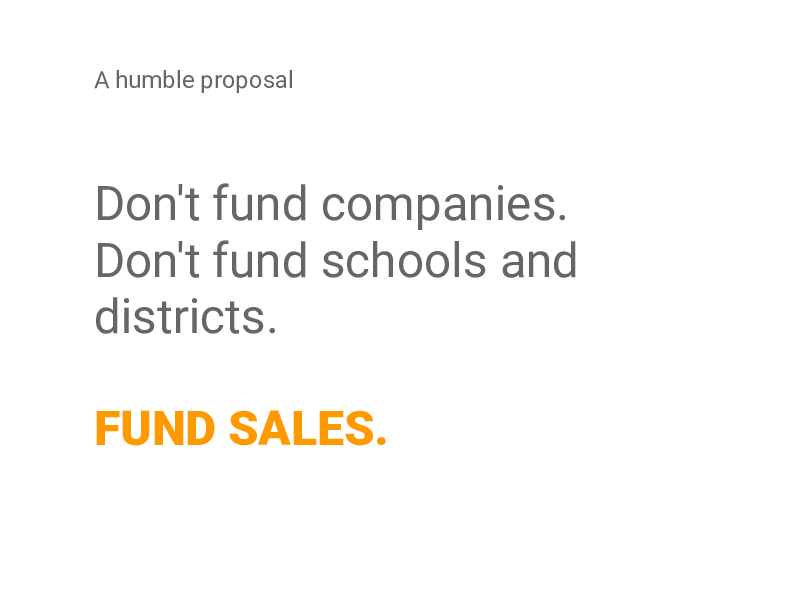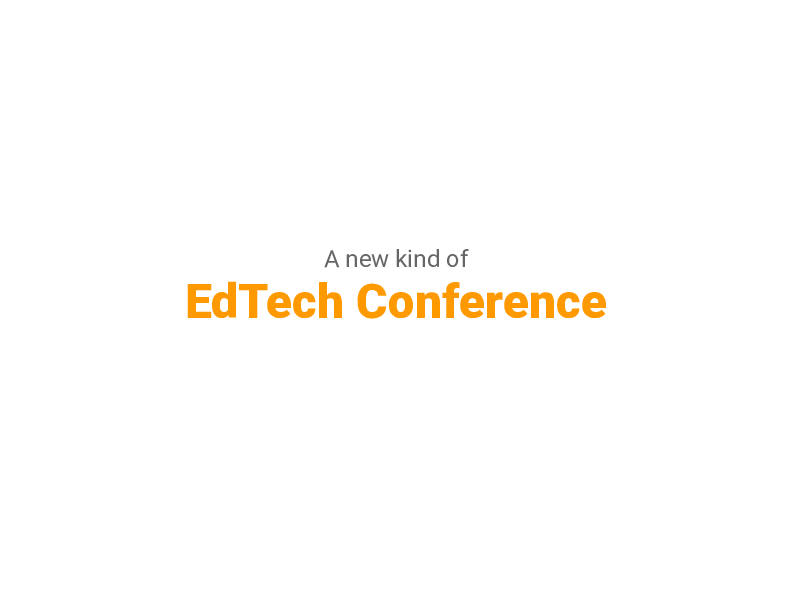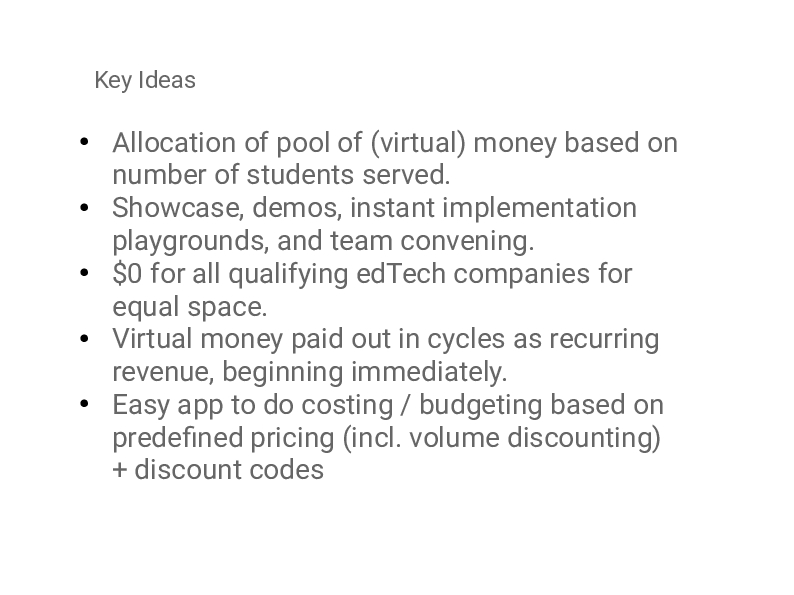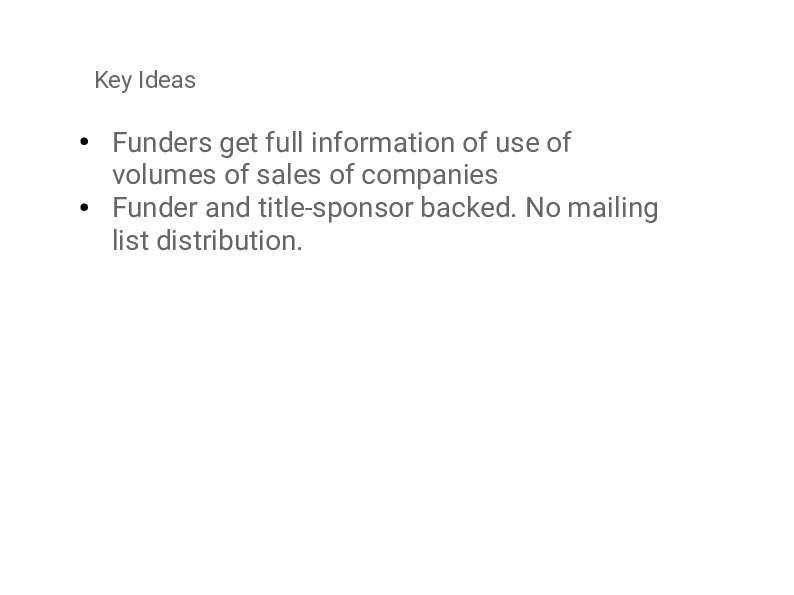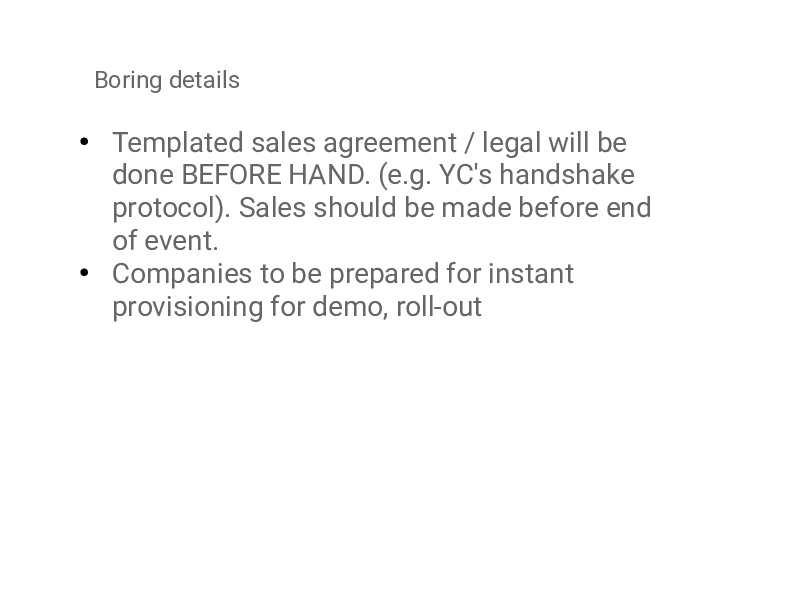A new kind of edTech conference
Most times, I am trying hard to think in complex ways. Sometimes, however, I want to make toys and consider the simplest ways to solve mega-complex problems.
One mega-complex problem that many people have spent time thinking about is about pace of new education technology adoption, evaluation, and procurement. I also used to think about this problem more than I do anymore. It is absurdly difficult to introduce schools and teachers to new technological innovations; I felt this while being in the heart of Silicon Valley with the pressure to reach a bigger teacher audience, and found it extremely hard. This problem is certainly true generally around the world. Yes, most often, these innovations are no good, but that needs to be known sooner than later, since nobody gets to try them out. And most technology solutions are sold by forceful sales tactics, rather than an equitable evaluation of all options available. Meanwhile, hundreds of education technology makers ("vendors", as they are called in school leader lingo) are waiting and hoping more educators and admins would try out their tools.
So, after years of evaluating every angle of how this process could be hacked or improved, I had a very simple idea: a specific kind of fair or exhibition. The only mandatory commitment for teachers and school leaders would be to come and attend this event for a day. Any and all vendors of educational technology could have booths where they would have a place for educators to sit and try their products. What would make all of this interesting, and different from something ISTE, is that instead of paying $s to rent booth space, each vendor would need to give a predetermined amount of product usage to interested schools and districts for free. This would be extremely startup-friendly, because they often don't have marketing budgets to rent booths at big conferences. And on the other side, what would make it enticing to schools is getting, say, a no-strings-attached $100k budget to go around and get any solutions they want. Since vendors only agreed to give so much software for free, schools would be forced to find other vendors to find comparable value. These vendors would be incented to preview what good demand looked like, and try to offer some of the same capabilities. Sales agreements for this tier of usage would be pre-drafted (I was inspired by templated SAFEs which are financial instruments for angel investing), and the end of the day or two of the fair, schools would walk away with tens of thousands of $ of edTech tools to try out, rather than just totes with branded swag. And vendors would have the equivalents of LOIs and possible future sales, and crap load of good insight and feedback.
Since I determined that the only way this would work was for it to be run by a philanthropic organization (because it would be a really smart investment to give so many companies a shot), I pitched this idea to Arati Nagaraj of SVEF. Arati poked a very important hole in my proposal, which made me stop thinking about this solution altogether. She said that these products needed to be evaluated with students, in real life, and this fair wouldn't help anyone understand how interesting the product was for true learning or student engagement. She was so right. I don't know how authentic and useful evaluating a product at a fair without students would really have been. So I left it there.
I think I was somewhat inspired by a mix of EdSurge teacher events at the Computer History Museum, where I saw how exciting that moment of discovery was for teachers when they interacted with builders of edTech for the first time AND YC/Imagine K12 demo day and teacher days. So I thank EdSurge for the idea. I wonder if anyone will try such a thing in my lifetime.


